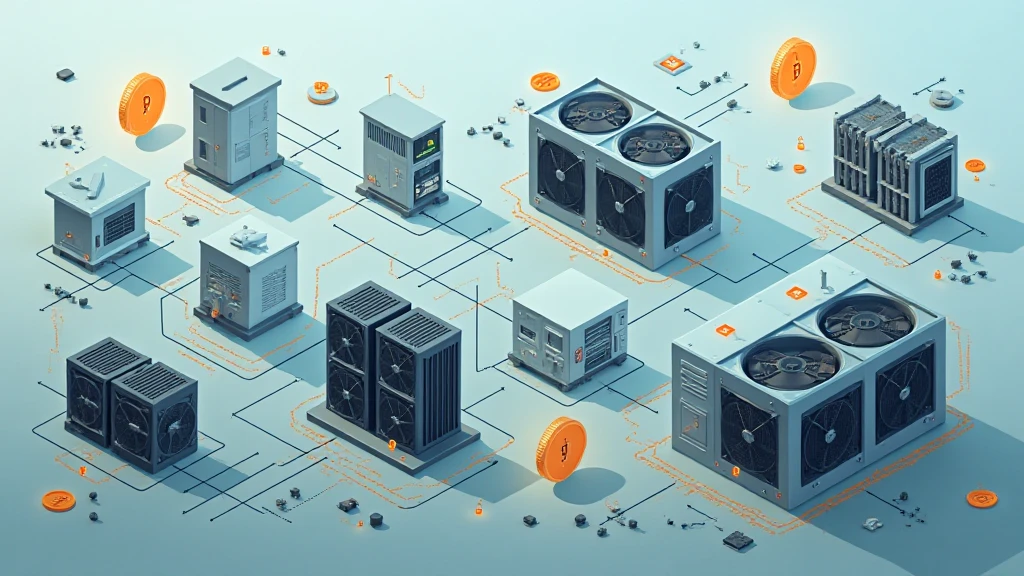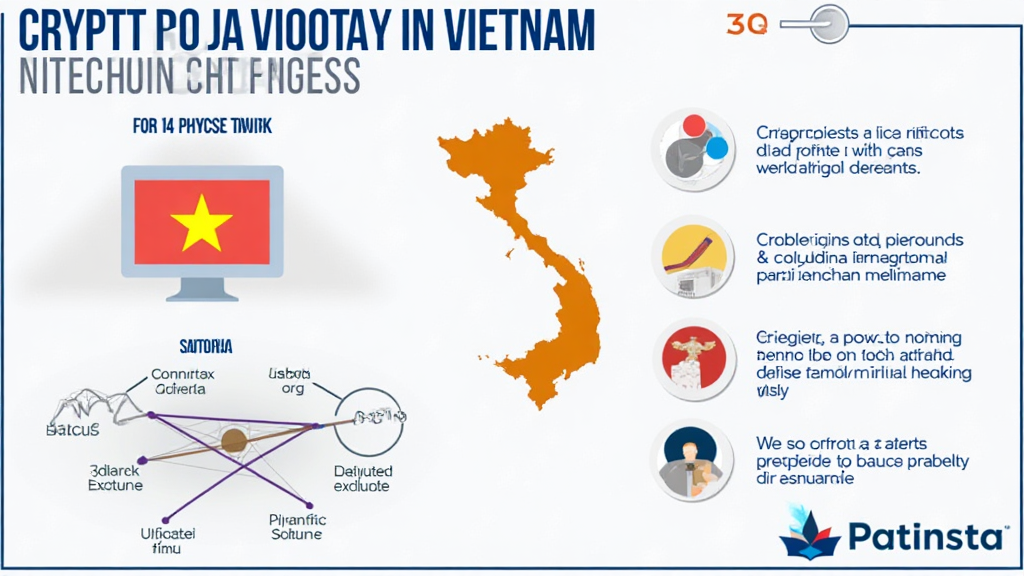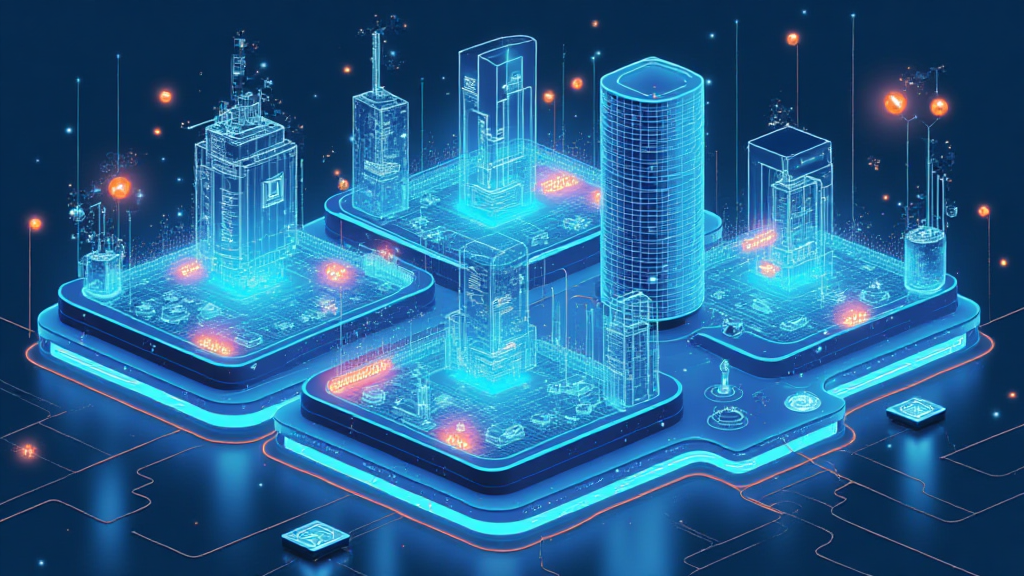Introduction
In recent years, Bitcoin mining has gained significant popularity, particularly in regions like Vietnam. With a growing number of crypto users—reportedly an increase of up to 300% in just two years—Vietnam is emerging as a hub for cryptocurrency activities. However, it’s crucial to understand the best hardware options available to successfully mine Bitcoin in this region. As of 2023, the global Bitcoin mining industry made headlines, with an estimated revenue of $15 billion, reflecting a substantial growth trajectory.
Understanding Bitcoin Mining Hardware
Thinking of starting Bitcoin mining? Here’s the catch: investing in the right mining hardware is pivotal. Bitcoin mining involves solving complex mathematical problems using high-powered computing chips. The efficiency and profitability of your mining operation depend largely on the hardware you choose. This section dives into the available options, focusing on the best practices to choose the right hardware for your needs.
Types of Bitcoin Mining Hardware
- ASIC Miners: Application-Specific Integrated Circuits (ASICs) are purpose-built for cryptocurrency mining, making them the most effective option.
- GPU Miners: Graphics Processing Units can also be used for mining, but they are less efficient compared to ASICs.
- FPGA Miners: Field-Programmable Gate Arrays offer flexibility and can be reprogrammed for different tasks but are generally pricier.
The Best Bitcoin Mining Hardware in Vietnam
When setting up a mining operation in Vietnam, it’s essential to consider the specific models of mining hardware that the market offers. Here are some of the most recommended devices:

- Antminer S19 Pro: Ranked highly for its efficiency and relatively low power consumption (3250W), it delivers around 110 TH/s.
- Whatsminer M30S++: Offers ~112 TH/s to deliver superior performance compared to other models.
- Bitmain Antminer S17 Pro: Known for its reliability and impressive hash rate of about 53 TH/s.
Choosing suitable hardware isn’t just about hash rates; it’s also about understanding the implications of your hardware on energy consumption and overall profitability.
Power Consumption and Cost Considerations
Vietnam is known for its relatively affordable electricity prices compared to Western countries, making it an attractive location for Bitcoin miners. However, fluctuations in power tariffs can impact your operation’s viability.
For instance, the average cost of electricity in Vietnam is around $0.08 per kWh, which can vary based on your location. Mining hardware requires substantial energy; thus, miners should conduct power consumption calculations using the following formula:
Power Consumption (kWh) = (Wattage of Hardware x Hours of Operation) / 1000
This helps determine the operational cost associated with running your mining devices.
Setting Up Your Mining Operation in Vietnam
Once you have your hardware, the next step involves setting up your mining rig. Below are key considerations:
- Location: Choose a location with proper ventilation and minimal ambient interference.
- Cooling Solutions: Mining equipment generates significant heat, making cooling systems essential to avoid overheating and enhance longevity.
- Reliable Internet Connection: A stable and fast internet connection is crucial for Bitcoin mining to ensure minimal downtime.
Mining Pools: The Advantage of Collaboration
Mining solo can be an uphill battle, especially for beginners. Joining a mining pool can significantly increase your chances of earning Bitcoin rewards. Here’s how it works: a group of miners collaborates to mine blocks collectively and shares the rewards based on their contributions. Popular mining pools include:
- Slush Pool
- Antpool
- F2Pool
Mining pools help reduce the variance of rewards and can provide a steady income stream.
Evaluating Your Mining Profitability
Before investing, it’s vital to conduct profitability analysis. Several online calculators exist that allow you to project your potential earnings based on factors like hash rate, energy costs, and Bitcoin prices. Use tools such as hibt.com to access insights into the mining profitability landscape.
Legality and Compliance in Vietnam
Cryptocurrency regulations can vary greatly by jurisdiction. In Vietnam, the government has yet to formalize cryptocurrency laws, creating a grey area for miners and investors alike. Remain aware of the evolving regulatory landscape to ensure compliance with any relevant legislation. This can help mitigate potential risks associated with legal and financial challenges.
Conclusion
In summary, investing in Bitcoin mining hardware in Vietnam presents a promising opportunity for enthusiasts and investors alike. Leveraging the right devices not only enhances mining efficiency but ultimately leads to increased profitability. As you embark on your Bitcoin mining journey, remember to stay informed about the local regulations and market trends to make educated decisions. The potential for mining Bitcoin in Vietnam is vast, and understanding your chosen hardware’s nuances will serve you well in this ever-evolving market. For more insights and updates related to cryptocurrency, visit cryptocoinnewstoday.
Author Bio
John Doe is a cryptocurrency and blockchain technology expert with over 10 years of experience in the field. He has authored numerous research papers on blockchain efficiency and has led audits for several high-profile crypto projects.





